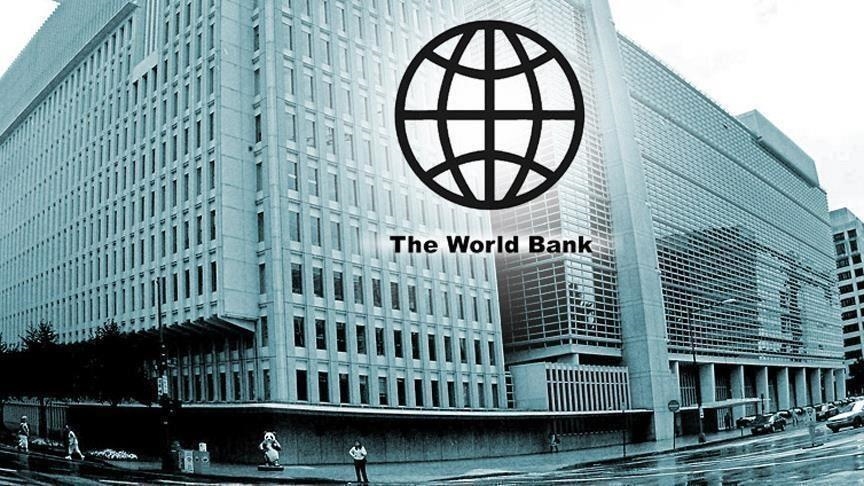The World Bank had expected the growth of the Middle East and North African economies to slow to 3 percent in 2023, compared to 5.8 percent in 2022.
In its “recent economic developments” report released on Thursday, the bank said that food price inflation exceeding 10 percent has increased the pressure on the poorest families and the impact of food insecurity could extend to future generations.
While oil-exporting countries benefiting from unexpected gains in 2022 are expected to witness a slowdown in growth, “but there is still a large gap between high-income countries and other countries in the region,” the report said.
And real GDP growth per capita, a better alternative for determining living standards, is likely to slow from 4.4 percent in 2022 to 1.6 percent in 2023.
Farid Belhadj, World Bank Vice-President for the Middle East and North Africa, said: “Inflation in food prices has a devastating effect on poor families. The effects of long-term food insecurity will be felt by future generations and will unfortunately limit the future of many young people.”
“The human and economic cost of inaction is huge, and bold policies are needed in a region where young people make up more than half of the population,” Belhaj said. he added.
In the report, which is published twice a year, it was determined that the average annual food price inflation in 16 countries in the Middle East and North Africa during the period of March-December 2022 was 29 percent.
This was higher than headline inflation, which averaged 19.4 percent per year at the time, compared to 14.8 percent between October 2021 and February 2022, when the Russia-Ukraine war broke out.
The report proposes policy tools that can help alleviate food insecurity before it escalates into a full-blown crisis, including targeted cash and in-kind transfers that can be implemented immediately to halt severe food insecurity.
And last January, the International Monetary Fund cut its growth forecast for 2023 for the economies of the Middle East and North Africa to 3.2 percent from 3.6 percent the previous October.
The global economy is trying to get rid of the repercussions of the Russia-Ukraine war that broke out in February 2022 and accelerated global inflation, at a time when the world began to recover from the negative effects of the Corona epidemic, at a time when fears increased. After the recent banking crisis that led to the bankruptcy of a number of US banks.
Source: Anatolia



















